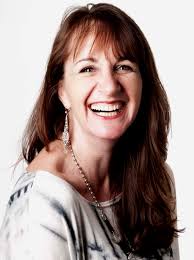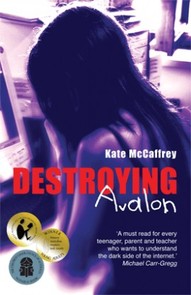This fourth session focused on deepening participants’ understanding of their characters, especially the protagonist and antagonist.
‘I really enjoyed the writing exercises,’ said Odile Pouliquen-Young. ‘Going back to refine the exercises from Weaving a Strong Character Web deepened my understanding of character arc.’
Anne Forbes agreed. ‘The workshop really helped me to develop my story and refine my hero’s desire. It helped me identify a hole in my plot and the driving of the hero’s actions, so it has really helped me redefine what pushes my hero.’
Although protagonists receive most of the attention in a story, it was developing their opponents that participants found most enjoyable.
‘Villains are cool,’ said Alia Bath, ‘elaborating on their characters is fun and important.’
Four weeks into Mapping Your Novel, the group is beginning to see how the concepts introduced in the previous three session are beginning to build up their story a layer at a time.
‘The concepts are beginning to coalesce into a whole and more easily put into practice,’ said Odile. ‘I can see the value of following the workshop exercises as my writing evolves.’
Overall, participants are satisfied with both the content of the course and their evolving stories.
‘The discussions are enlightening,’ said Amy Parker.
Katika Harris agreed. ‘I really enjoyed talking about what makes a character interesting.’
‘The workshop was very informative,’ summarised Garry Winterton. ‘I’m learning more than I expected.’
A. R. Levett is running a new stream of this course, called Mapping Your Story, at the Fellowship of Australian Writers Western Australia from 4 March 2018 for the heavily discounted rate of $400 WAWU members/ $500 General Public. Places are limited. Don’t miss out on this opportunity to snag a bargain for what current participants are calling ‘an enjoyable and comprehensive course.’ (Amy). To book or enquire about the course, please email A. R. Levett.


 RSS Feed
RSS Feed
